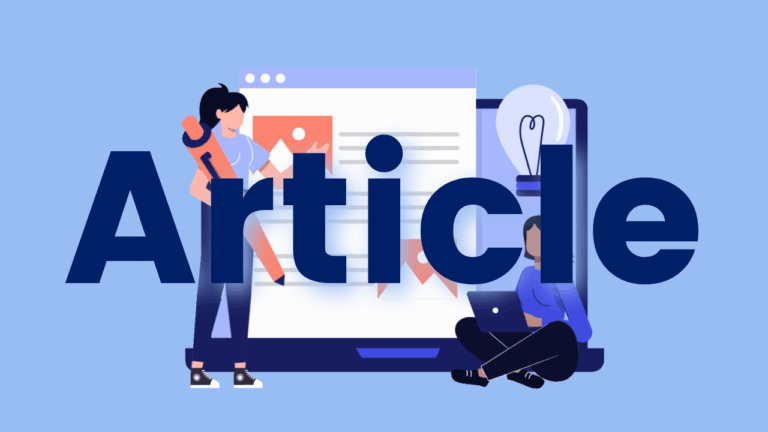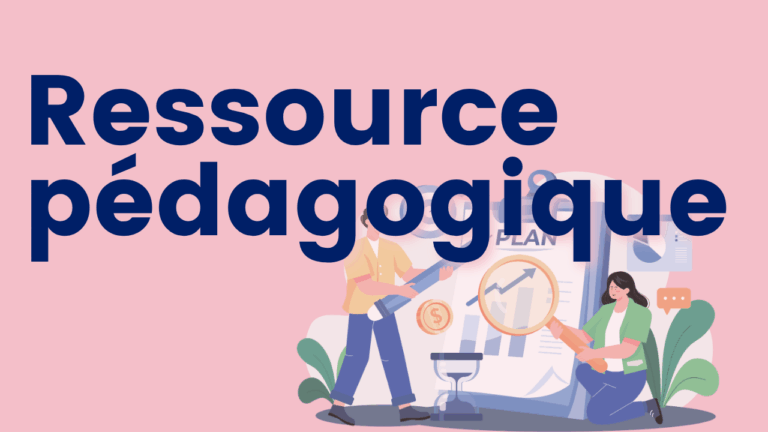La segmentation en petit groupe
Dans cette vidéo, une enseignante du cycle primaire modélise la segmentation phonémique avec des boîtes Elkonin, à l’aide de gestes et du matériel de manipulation.

Dans cette vidéo, une enseignante du cycle primaire modélise la segmentation phonémique avec des boîtes Elkonin, à l’aide de gestes et du matériel de manipulation.

Dans cet article de vulgarisation scientifique, Pascal Lefebvre, orthophoniste, Ph. D. et professeur associé à l’École d’orthophonie à l’Université Laurentienne, met en évidence des fondements de la recherche et répond à des questions clés concernant la conscience phonologique.

Des pistes de réflexion et d’action pour le milieu scolaire Ce document du CTREQ sur la graphomotricité met en relief quelques faits émanant des travaux de recherche sur le développement du geste d’écriture en maternelle et au début du primaire. Il vise également à mettre en lumière des pratiques identifiées efficaces par la recherche, afin…

Cette liste de lecture de la chaîne YouTube d’iProf Education présente le tracé des lettres majuscules en écriture scripte. Les vidéos peuvent servir comme supports visuels pour l’enseignement et l’apprentissage du geste d’écriture.

Cette liste de lecture de la chaîne YouTube d’iProf Education présente le tracé des lettres minuscules en écriture scripte. Les vidéos peuvent servir comme supports visuels pour l’enseignement et l’apprentissage du geste d’écriture.

Cette ressource de Reading Universe illustre la formation des 26 lettres de l’alphabet en écriture scripte. Il y 26 référentiels en grand format et les lettres regroupées sur une seule page. Chaque affiche comporte des lignes multicolores avec une numérotation des traits et des flèches indiquant le sens du tracé des lettres en majuscules et…

Ce site Web vous propose des activités clés en main pour enseigner les connaissances morphologiques dans votre salle de classe, que vous enseignez au cycle préparatoire, primaire ou moyen.

Dans ce billet de blogue, Anita Fejzo, professeure à l’UQAM et fondatrice d’ALFA : ECM (Apprendre le français autrement : Enseignons les connaissances morphologiques), présente « L’entraînement de la conscience morphologique : modalités didactiques et activités morphologiques ». Les suggestions fournies sont adaptées aux cycles préscolaire, primaire et moyen, et celles-ci suivent les recommandations des…

Ce tableau de fusion interactif est inspiré du Blending Board d’UFLI et permet de mettre en pratique les habiletés de fusion et de segmentation phonémique des mots d’une syllabe (CVC et CVCe). En haut, à la droite de l’écran, cliquez sur le bouton « Français » pour changer la langue de l’outil. Vous verrez les…

La boîte à outils par UFLI Foundations vous permet de générer des jeux interactifs qui renforceront l’apprentissage des correspondances graphèmes-phonèmes que vous étudiez avec vos élèves. À partir du menu « Select Words », vous pouvez personnaliser votre liste de mots à l’aide de l’option « Custom Word List ». Une fois que votre liste…

Des cartes à découper pour accompagner les livres décodables Décode des Éditions Passe-Temps. Ces cartes facilitent l’apprentissage des correspondances graphèmes-phonèmes, renforcent la connaissance des lettres de l’alphabet ciblées dans chaque livre et contiennent des mots identifiés dans chaque livre pour soutenir la lecture explicite.

This newly updated book (Third Edition) is a great resource for teachers of all grades looking to support their students’ reading comprehension. It’s particularly helpful for instructing students who have learning difficulties, but is a valuable read for all educators. The book includes chapters on Vocabulary, Promoting Content-Area Literacy, Supporting English Learners, Intensive Interventions, Multicomponent…